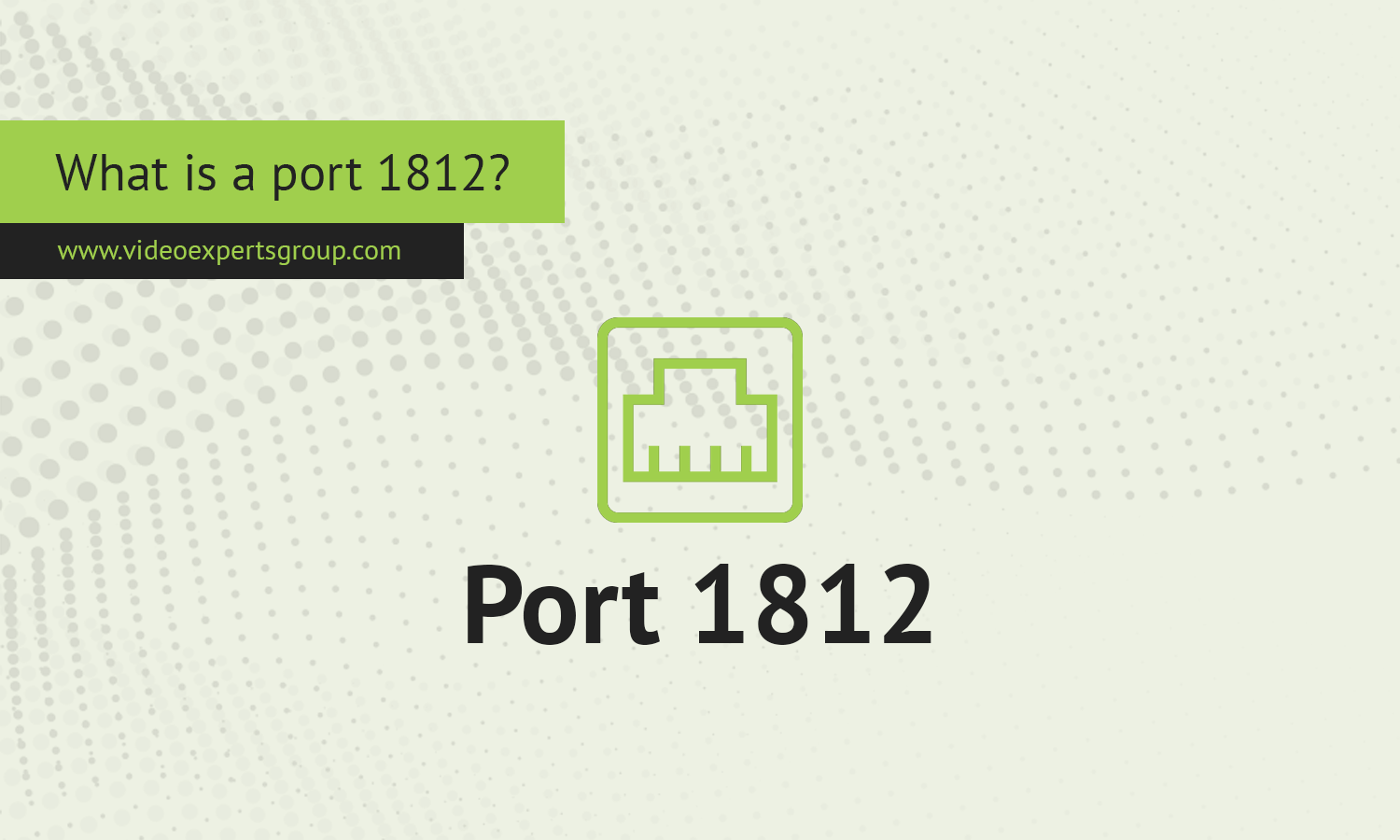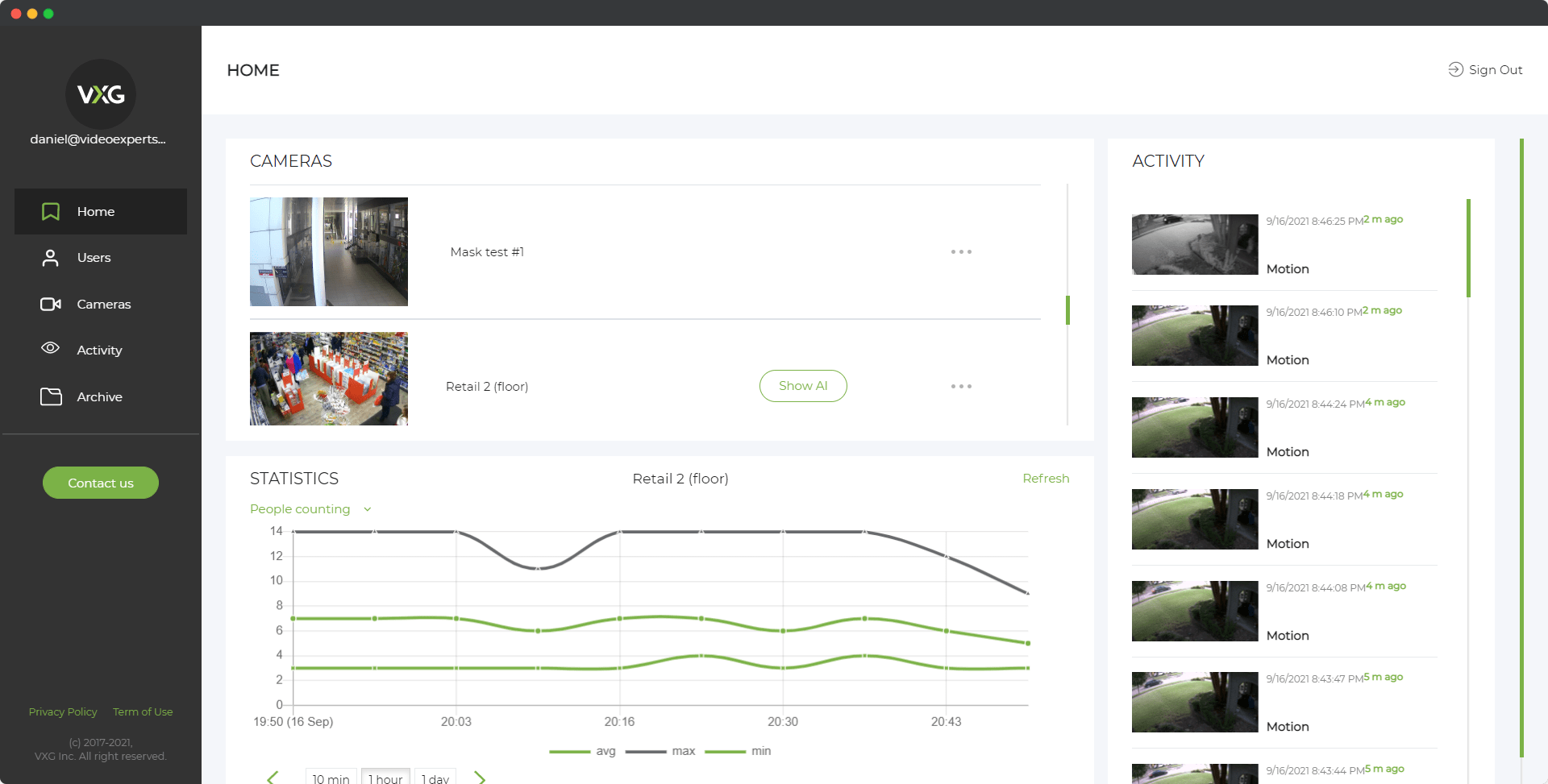Among the many ports utilized in modern networks, Port 1812 stands out for its association with a critical security protocol used in managing network access and authentication.
Meaning
Port 1812 is primarily associated with the Remote Authentication Dial-In User Service (RADIUS) protocol. RADIUS is a widely used networking protocol that provides centralized Authentication, Authorization, and Accounting (AAA) management for users connecting to a network. When a user attempts to connect to a network, RADIUS ensures that the user is authenticated (identity verified), authorized (permissions granted), and that their activity is accounted for (logged). Port 1812 is the designated port for RADIUS authentication requests.
RADIUS typically operates over the User Datagram Protocol (UDP), with Port 1812 specifically assigned for authentication traffic. Another related port, Port 1813, is used for accounting purposes. These ports work together to manage the security and management of network access, particularly in environments where secure and centralized control over user access is essential.
What is Port 1812 Used For?
Port 1812 is integral to the operation of the RADIUS protocol, which is utilized in various scenarios where secure network access is required. Below are the key uses of Port 1812:
Network Access Authentication
The primary use of Port 1812 is for handling authentication requests in RADIUS-enabled networks. When a user or device attempts to connect to a network, such as through Wi-Fi, VPN, or dial-up connections, an authentication request is sent to a RADIUS server via Port 1812. The RADIUS server then checks the credentials (e.g., username and password) against a database, such as Active Directory or LDAP, to verify the identity of the user.
If the credentials are valid, the RADIUS server sends an "Access-Accept" message, allowing the user to access the network. If the credentials are invalid, an "Access-Reject" message is sent, denying access.
Wireless Networks (Wi-Fi)
In wireless networks, particularly those using enterprise-level security, Port 1812 plays a crucial role in ensuring only authorized users can connect. RADIUS, operating over Port 1812, works with protocols like WPA2-Enterprise to provide secure authentication for wireless clients, ensuring that unauthorized devices cannot easily gain access to the network.
VPN Access
Port 1812 is also commonly used in Virtual Private Network (VPN) services, where secure user authentication is paramount. When a user tries to connect to a VPN, their credentials are sent to a RADIUS server via Port 1812 for authentication. This ensures that only users with the proper credentials can establish a secure VPN connection.
Vulnerabilities
While Port 1812 is crucial for secure network access, it is not without its vulnerabilities. The security of RADIUS, and by extension Port 1812, depends on proper configuration and the strength of the underlying protocols.
Man-in-the-Middle Attacks
Since RADIUS typically uses UDP, it is susceptible to Man-in-the-Middle (MITM) attacks. In such an attack, an attacker intercepts the communication between the client and the RADIUS server, potentially gaining access to sensitive information such as user credentials. If the data is not encrypted, the attacker could use this information to gain unauthorized access to the network.
To mitigate this risk, many networks implement additional security measures, such as using RADIUS over TLS (RadSec), which encrypts the communication between clients and the RADIUS server.
Replay Attacks
Another potential vulnerability associated with Port 1812 is the risk of replay attacks. In this scenario, an attacker captures authentication requests and later retransmits them to gain unauthorized access. Without proper safeguards, such as the use of timestamps and unique session identifiers, this type of attack could be successful.
Weak Shared Secrets
RADIUS authentication relies on shared secrets (a type of password) between the client and the server. If these shared secrets are weak or poorly managed, attackers could potentially crack them and gain unauthorized access to the RADIUS server, compromising the entire authentication process. Ensuring that shared secrets are strong and regularly updated is essential for maintaining security.
Port 1812 is a fundamental component of network security, particularly in environments that require robust and centralized user authentication. Its association with the RADIUS protocol makes it indispensable for managing secure access to networks, whether through Wi-Fi, VPNs, or other means. However, like any technology, it is not without risks. Understanding the vulnerabilities associated with Port 1812 and implementing appropriate security measures is crucial for maintaining the integrity and security of modern networks.
















